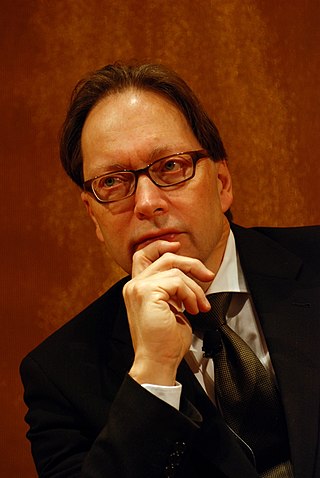
Horace Oscar Axel Engdahl is a Swedish literary historian and critic, and has been a member of the Swedish Academy since 1997. He was the permanent secretary of the Swedish Academy from 1999 to June 2009, when he was succeeded by Swedish author and historian Peter Englund.

The Swedish Academy, founded in 1786 by King Gustav III, is one of the Royal Academies of Sweden. Its 18 members, who are elected for life, comprise the highest Swedish language authority. Outside Scandinavia, it is best known as the body that chooses the laureates for the annual Nobel Prize in Literature, awarded in memory of the donor Alfred Nobel.

Gunhild Bricken Kristina Lugn was a Swedish poet and dramatist and member of the Swedish Academy.
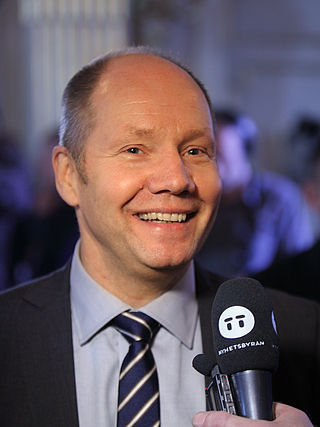
Peter Mikael Englund is a Swedish author and historian born on April 4, 1957. He focuses on writing non-fiction books and essays, mostly about the Swedish Empire and other historical events. Englund is known for his accessible writing style, which includes narrative details that are often left out in traditional history books. His works have been translated into multiple languages, including German and Czech. From 2009 to 2015, Englund served as the permanent secretary of the Swedish Academy, before being succeeded by Sara Danius. In January 2019, he and fellow academy member Kjell Espmark announced their return as active members of the Swedish academy, where they had been inactive since April 2018.

Alma Katarina Frostenson Arnault is a Swedish poet and writer. She was a member of the Swedish Academy from 1992 to 2019. In 2003, Frostenson was made a Chevalier of the Legion of Honour in France in recognition of her services to literature.
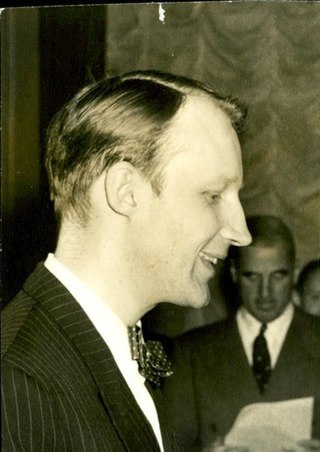
Knut Emil Ahnlund was a Swedish literary historian, writer, and member of the Swedish Academy.
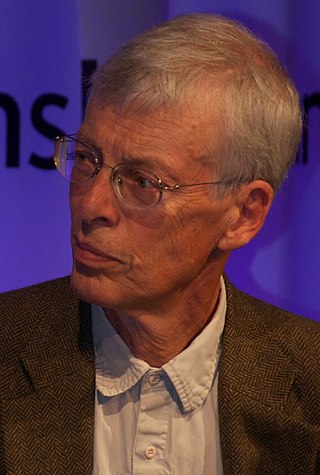
Jesper Svenbro is a Swedish poet, classical philologist, and member of the Swedish Academy.
Destroyer – Journal of Apollonian Beauty and Dionysian Sexuality was a Swedish-based pederastic magazine published by Karl Andersson, with the objective "to bring back the adolescent boy as one of the ideals of gay culture". The magazine contained features, essays, interviews, reviews, columns, culture articles, fiction and sexually suggestive shots of boys as young as 13. The publication received intense criticism from the LGBT community.

Sara Brita Stridsberg is a Swedish author and playwright. Her first novel, Happy Sally was about Sally Bauer, who in 1939 had become the first Scandinavian woman to swim the English Channel.
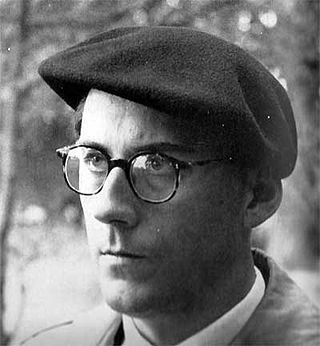
Östen Sjöstrand was a Swedish poet, writer and translator. He became a member of the Swedish Academy in 1975 and was a member of the Academy's Nobel committee between 1979 and 1990.
Samfundet De Nio is a Swedish literary society founded on 14 February 1913 in Stockholm by a testamentary donation from writer Lotten von Kraemer. The society has nine members who are elected for life. Its purpose is to promote Swedish literature, peace and women's issues. It mainly presents a number of literary awards. It was started as an alternative to the Swedish Academy and is often compared to its more noted cousin.
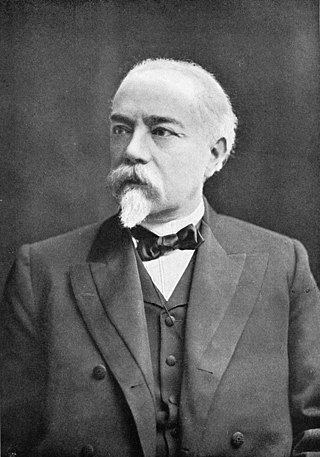
Carl David af Wirsén was a Swedish poet, literary critic and the Swedish Academy's permanent secretary 1884–1912.
Torkel S Wächter a.k.a. Tamara T is a German-Swedish novelist and airline captain.
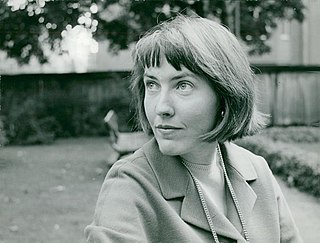
Sigrid Margareta Ekström was a Swedish poet, novelist, translator, children's writer, literary critic and film critic.

Sara Maria Danius was a Swedish literary critic and philosopher, and a scholar of literature and aesthetics. Danius was professor of aesthetics at Södertörn University, docent of literature at Uppsala University and professor in literary science at Stockholm University.
Lars Jakob Vilhelm Burman, born April 1, 1958, is a Swedish professor of Literature at Uppsala University, director of Uppsala University Library, and inspector at Värmlands nation.

Lars Lönnroth is a Swedish literary scholar.
Lieutenant General Curt Ove Leonard Sjöö is a retired Swedish Army officer. Sjöö's senior commands include Chief of the Army Staff (1988–1990) and military commander of the Upper Norrland Military District (1990–1992) and of the Northern Military District (1993–1996). He also served as Chief of His Majesty's Military Staff from 1997 to 2003.
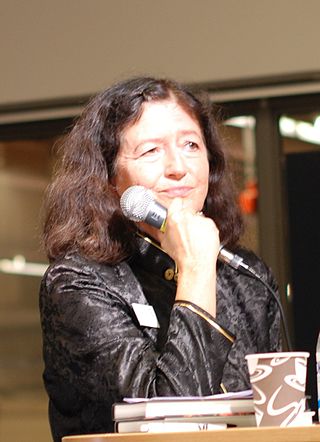
Agneta Klingspor was a Swedish author. Her literary debut, Inte skära bara rispa, was published during the Swedish feminist movements of 1977, and was controversial upon release. She published several other books, and wrote art criticism for Swedish newspapers.
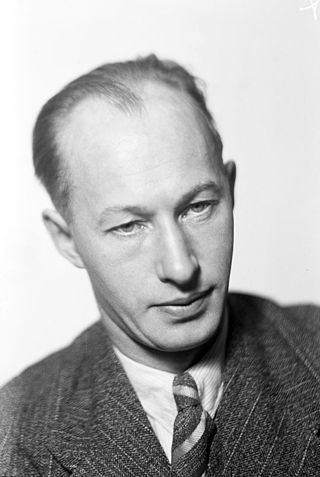
The 1974 Nobel Prize in Literature was awarded jointly to Swedish authors Eyvind Johnson (1900–1976) "for a narrative art, farseeing in lands and ages, in the service of freedom" and Harry Martinson (1904–1978) "for writings that catch the dewdrop and reflect the cosmos." The winners were announced in October 1974 by Karl Ragnar Gierow, permanent secretary of the Swedish Academy, and later sparked heavy criticisms from the literary world.















